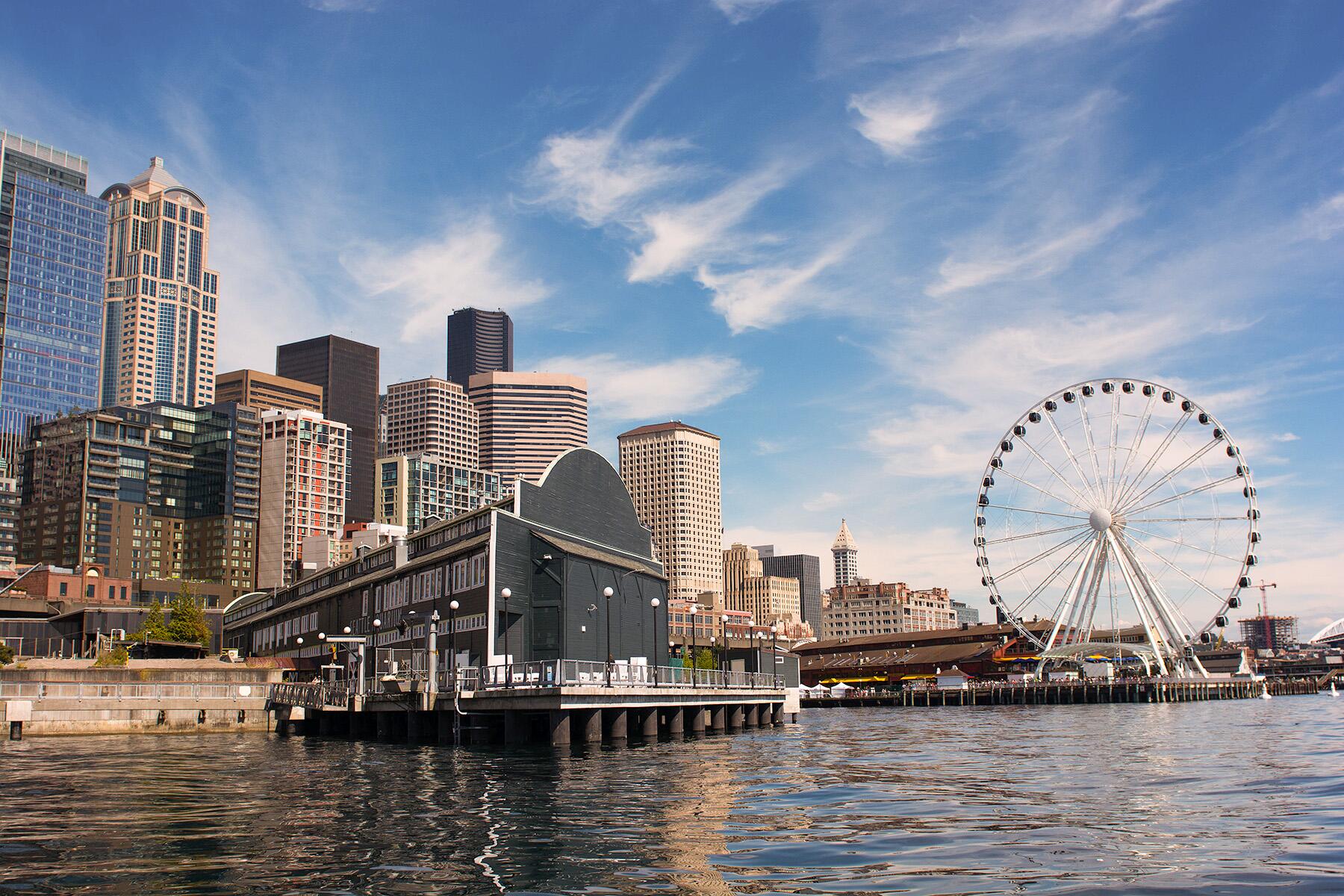Planning a country getaway? Here’s how to prevent yourself from being on the receiving end of this popular slight.
We rural, Hudson Valley dwellers get it: City folk have been cooped up in their diminutive apartments and doormat-sized backyards for months and are excited for a moment of respite in the country. So you pack your rental car and drive up for a visit, only to promptly hear the locals whispering about “citiots.” But they mean the person behind you, in front of you, the next table over, right? Right?
If you’re one of the many city visitors who come to the country in the summer—to take advantage of our wide-open landscapes and newly reopened hiking trails, unspoiled lakes and riverfronts, organic farms, restaurants, and outdoor performance venues—but behave like you’re still in the middle of a densely packed city, you’ll probably be saddled with that unfortunate moniker.
Here’s how not to be a citiot.




